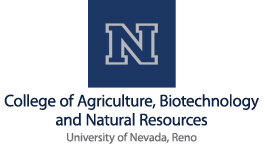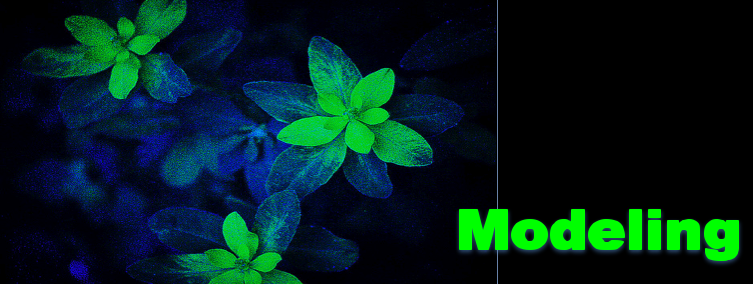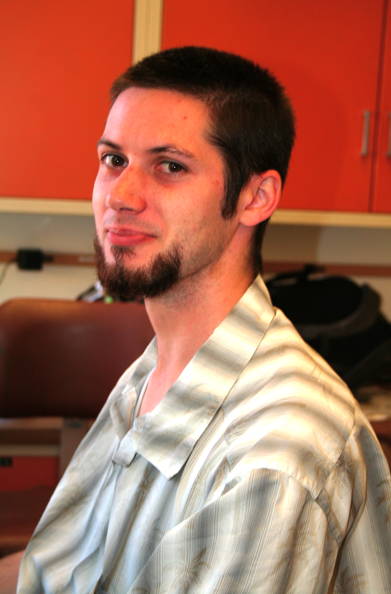Team:Nevada/Modeling
From 2010.igem.org
(→Modeling) |
|||
| Line 10: | Line 10: | ||
---- | ---- | ||
<html><a href="https://static.igem.org/mediawiki/2010/2/2f/Picture_16.png"><img src="https://static.igem.org/mediawiki/2010/2/2f/Picture_16.png" style="float:left;width:200px;margin:10px"></a></html> | <html><a href="https://static.igem.org/mediawiki/2010/2/2f/Picture_16.png"><img src="https://static.igem.org/mediawiki/2010/2/2f/Picture_16.png" style="float:left;width:200px;margin:10px"></a></html> | ||
| - | <p>Plant stress responses are often cascades involving hundreds of genes and gene products. The possible interactions in these cascades are astronomical. Therefore, the 2010 Nevada iGEM team worked with Bioinformatics Professor, Karen Schlauch, to develop a computer model that could quickly analyze possible transcriptional regulation pathways using either microarray data or data from continuous fluorometry experiments. The model was intended to allow for easier identification of promoters useful to the team’s objective of creating remote, plant, biosensors. The model made use of a Boolean network in which transcripts were considered “on” when above a threshold value and “off” for lesser values. The on/off values at given time points were then run through a combinatorial circuit to predict the most probable pathways.</p> | + | <p>Plant stress responses are often cascades involving hundreds of genes and gene products. The possible interactions in these cascades are astronomical. Therefore, the 2010 Nevada iGEM team worked with Bioinformatics Professor, Karen Schlauch, to develop a computer model that could quickly analyze possible transcriptional regulation pathways using either microarray data or data from continuous fluorometry experiments. In conjunction with the use of tobacco NT cells, this model could allow for even greater time efficiency in identifying important aspects of gene networks. The model was intended to allow for easier identification of promoters useful to the team’s objective of creating remote, plant, biosensors. The model made use of a Boolean network in which transcripts were considered “on” when above a threshold value and “off” for lesser values. The on/off values at given time points were then run through a combinatorial circuit to predict the most probable pathways.</p> |
Revision as of 23:14, 26 October 2010
Modeling

Plant stress responses are often cascades involving hundreds of genes and gene products. The possible interactions in these cascades are astronomical. Therefore, the 2010 Nevada iGEM team worked with Bioinformatics Professor, Karen Schlauch, to develop a computer model that could quickly analyze possible transcriptional regulation pathways using either microarray data or data from continuous fluorometry experiments. In conjunction with the use of tobacco NT cells, this model could allow for even greater time efficiency in identifying important aspects of gene networks. The model was intended to allow for easier identification of promoters useful to the team’s objective of creating remote, plant, biosensors. The model made use of a Boolean network in which transcripts were considered “on” when above a threshold value and “off” for lesser values. The on/off values at given time points were then run through a combinatorial circuit to predict the most probable pathways.

| 
| 
| 
| 
|
|---|
 "
"

